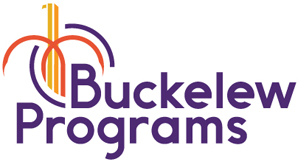A crisis-call counselor shares his inspiration
– Meet Jim

A serendipitous listen to a late-night podcast inspired Jim to become a crisis-call counselor three years ago. He had recently retired and knew he wanted to volunteer in his community, particularly with those facing mental health and addiction challenges, which had touched Jim’s life and his family.
As he listened, the woman on the podcast recounted her story of a time when she desperately needed help. She was a single mother, trying to take college courses and struggling with addiction. Overwhelmed and unable to handle it all, she dialed a helpline with thoughts of suicide. The person on the phone stayed up talking with her all night, and as the sun rose, she was no longer in crisis. The remarkable thing, says Jim, is that the woman thought she was calling a suicide crisis line but, in fact, had misdialed and had simply been talking to a kind soul who answered the phone and spoke with her throughout the night. Ten years later, she called the correct number to give others hope: “I’m happy, my son is fine, and I’m married to somebody who’s a good person. I have my degree from the University of Michigan.”
After hearing the podcast, Jim found his calling. He wanted to volunteer at a suicide prevention and crisis call center. He knew he’d be empathetic because mental illness and addiction have affected his own life and family, including family members with suicidal tendencies.
“I grew up in the corporate world where people always donate money, but to me, this is a more visceral, boots-on-the-ground type thing to do.” From there, he found Buckelew’s Suicide Prevention Program’s hotline and completed the comprehensive training and certification. He also spoke with other hotline workers who shared the incredible value the work brought to their lives and others.
“I’m just here to help, not to judge,” says Jim of why he believes he’s so well suited to be a counselor. “I think tone of voice is crucial, and giving 100% attention is so rare today because people are distracted. People don’t get someone’s full attention very often, even in families and even when they may need it most. So my 100% commitment to the conversation is key.”
